Fuel injectors
-
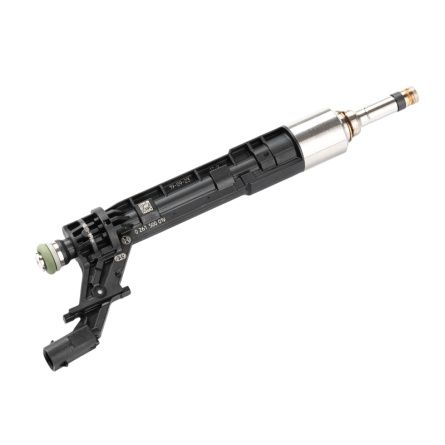
Fuel Injector
Audi06M906036AD£114.65 £95.54 -
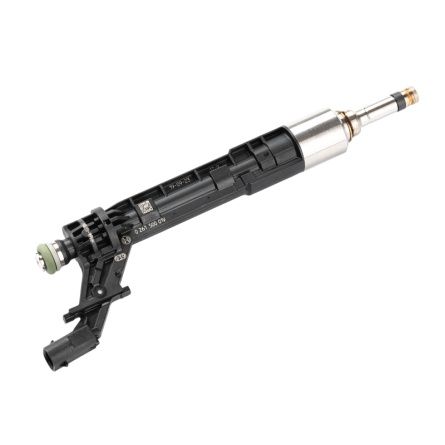
Fuel Injector
Audi06M906036S£114.65 £95.54 -
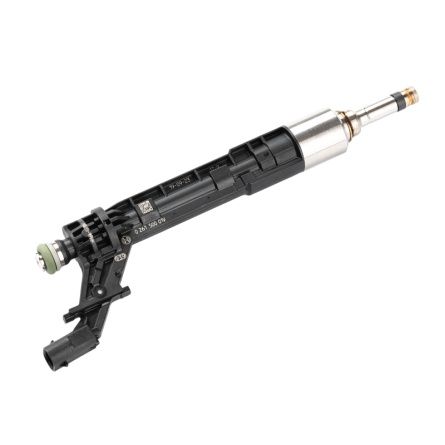
Fuel Injector
PorschePAC906036H£114.65 £95.54 -
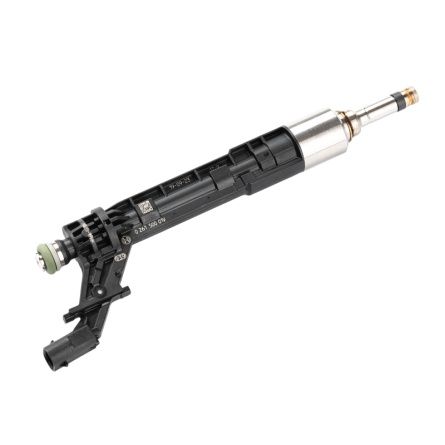
Fuel Injector
PorschePAC906036F£114.65 £95.54 -
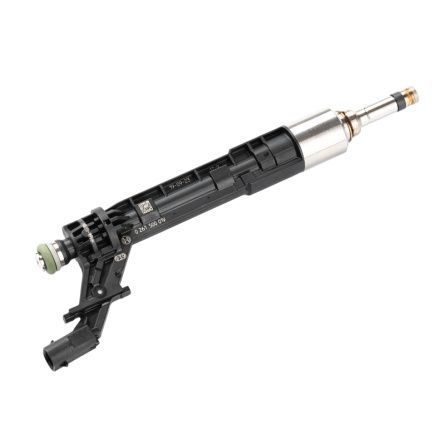
Fuel Injector
PorschePAB90603600£114.65 £95.54 -
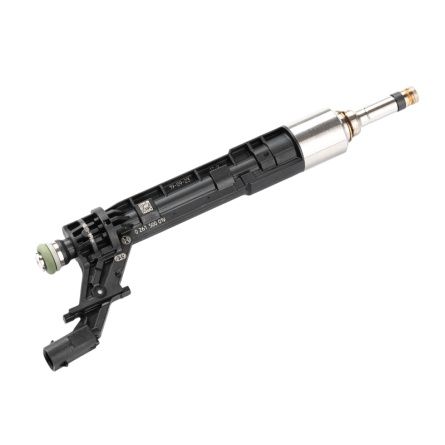
Fuel Injector
PorschePAC906036E£114.65 £95.54 -
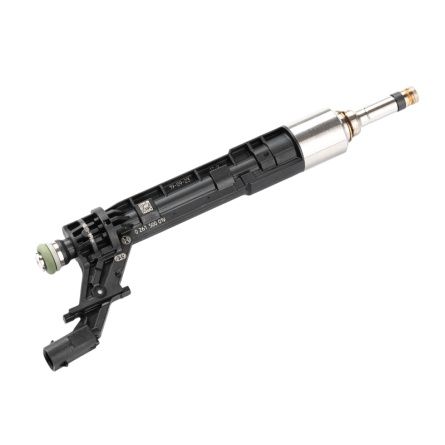
Fuel Injector
Audi06M906036AQ£114.65 £95.54
Fuel injectors
Fuel injectors stand at the very core of modern automotive engineering, serving as the precise link between a vehicle’s fuel system and its engine performance. These advanced components are responsible for delivering the exact amount of fuel into the combustion chamber at just the right moment, ensuring optimal air-fuel balance, smooth power delivery, and maximum efficiency. In today’s vehicles, where every drop of fuel and every millisecond of timing counts, fuel injectors play a decisive role in determining how efficiently an engine runs, how much power it produces, and how cleanly it operates. They are not just mechanical parts—they are key to unlocking the perfect combination of performance, economy, and environmental responsibility that defines modern driving.
Understanding Fuel Injectors
A fuel injector is a precision-engineered device designed to deliver fuel into the engine’s combustion chamber in a controlled and efficient manner. It forms a crucial part of the vehicle’s fuel delivery system, replacing older carburetor-based mechanisms with far greater accuracy and consistency. Each injector is electronically managed by the engine control unit (ECU), which determines the exact timing and quantity of fuel to inject based on inputs such as engine speed, load, temperature, and throttle position.
The injector sprays a fine mist of fuel directly into the combustion chamber or intake manifold, allowing it to mix evenly with air for complete combustion. This precise atomization ensures that the engine runs smoothly, delivers optimal power, and minimizes fuel consumption and exhaust emissions. In essence, fuel injectors are the heart of modern fuel systems—their precision directly affects performance, economy, and environmental compliance. Without properly functioning injectors, even the most advanced engines would suffer from rough idling, weak acceleration, or poor fuel efficiency.
Diesel vs. Petrol Fuel Injectors
Although diesel and petrol injectors share the same goal—delivering fuel for combustion—they differ substantially in design and operation. A petrol fuel injector operates at lower pressure and is optimized for fine atomization, spraying fuel into the intake manifold or directly into the combustion chamber depending on the system type. The air-fuel mixture is then ignited by a spark plug, producing smooth and efficient combustion.
A diesel injector, by contrast, functions under extremely high pressure—often exceeding 2,000 bar in modern common rail systems. It injects fuel directly into the combustion chamber, where the heat and compression of the air cause spontaneous ignition. To withstand such demanding conditions, diesel injectors are built with reinforced materials, precision valves, and multi-hole nozzles that ensure an even spray pattern and efficient combustion.
While petrol injectors focus on responsiveness and atomization, diesel injectors prioritize durability and ultra-high-pressure delivery. These differences reflect the contrasting combustion principles and performance goals of each engine type.
Common Issues with Fuel Injectors
Despite their advanced engineering, fuel injectors can experience problems over time due to carbon buildup, wear, or fuel contamination. One of the most common issues is clogging—when dirt or deposits restrict flow, leading to misfires, rough idling, reduced power, and poor fuel economy. Another frequent fault is leakage, caused by worn seals or internal damage, which may result in hard starting, fuel odor, or black smoke from the exhaust.
Electrical or mechanical failures can also occur in electronically controlled injectors, where faulty wiring or solenoid damage interrupts operation and triggers a “check engine” warning. In diesel engines, contamination or faulty high-pressure components can erode injector tips or disrupt spray patterns. Typical symptoms of injector malfunction include loss of power, increased fuel consumption, excessive smoke, or engine hesitation. Prompt maintenance and high-quality fuel are crucial to preventing such problems.
Maintaining Your Fuel Injectors
Proper maintenance is essential to keep fuel injectors performing efficiently over the long term. Always use high-quality fuel from reputable sources—premium fuels contain detergents that minimize carbon buildup. Periodically add professional fuel system cleaners to dissolve minor deposits and preserve spray precision. Replace fuel filters at manufacturer-recommended intervals to prevent dirt or moisture from reaching the injectors.
If performance issues arise, schedule professional cleaning or testing. Ultrasonic cleaning can restore proper flow characteristics without replacement. For diesel engines, regularly drain water separators and keep the system free of air or contamination. Always use OEM-quality parts during injector replacement and ensure correct torque and calibration.
By combining high-grade fuel, regular cleaning, and careful inspection, drivers can ensure consistent fuel delivery, smooth performance, and long service life from their injectors—keeping engines powerful, efficient, and clean for many thousands of kilometers.